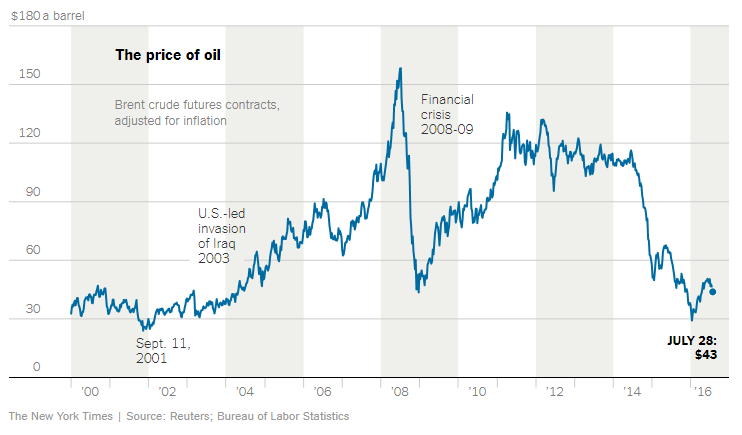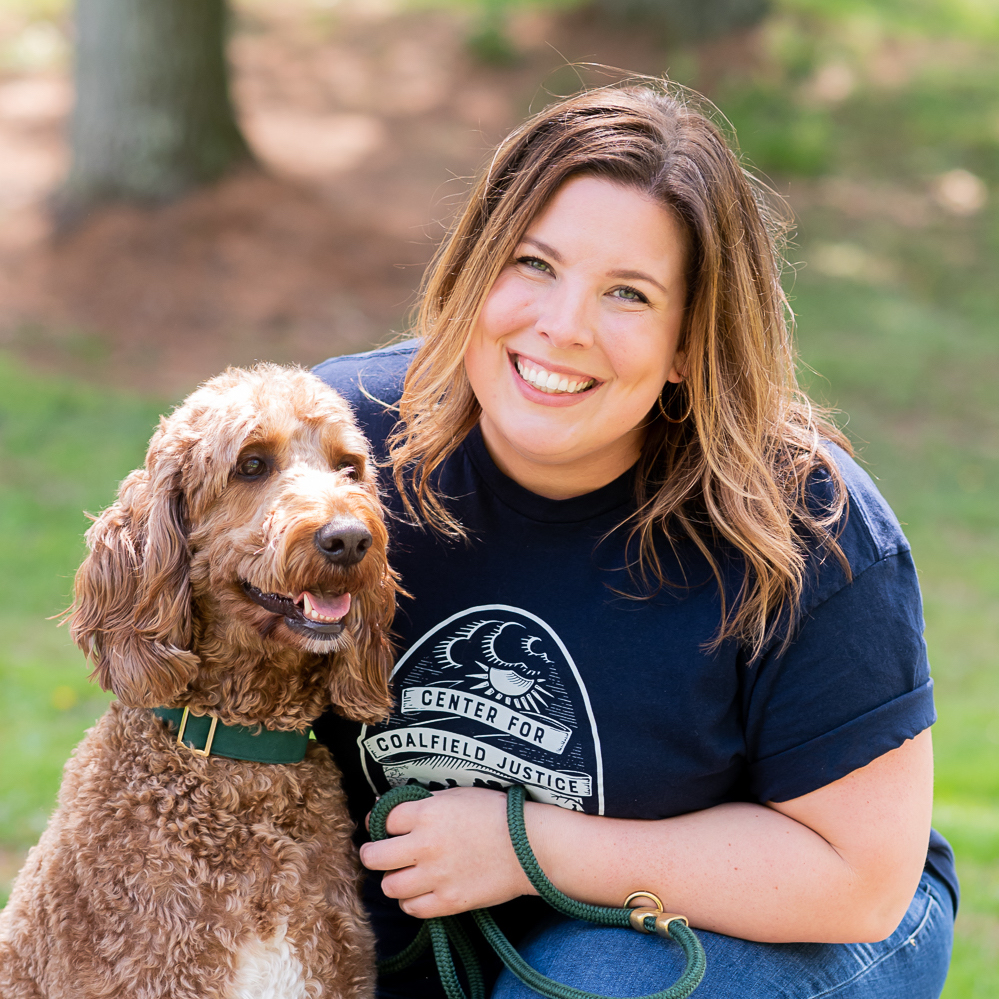
Source: New York Times
The topic of corporate bailouts has held a dominant position in the news since early March 2020 when states began to respond seriously to the threats posed by COVID-19. While much attention was aimed at the cruise, airline, and hotel industries, the oil and gas industry has been lobbying to be included in those bailouts.
A new report by the Center for International Environmental Law (CIEL) highlights how COVID-19 has impacted the oil and gas industry around the world, but more importantly, it shows how producers – especially in the fracking industry – overleveraged themselves and over-supplied the market well before COVID-19. The report is 16 pages in length and contains a lot of really important information: please read it, here.
There are two key takeaways from this report, though, that could impact our communities in Washington and Greene Counties.
First, fracking operators are seriously overleveraged, and their debt payments are coming due. In fact, the CIEL report indicates that $200 billion in debt repayments will be due for fracking operators within the next four years – $40 billion in debt repayment will be due in 2020 alone. That debt was not amassed in the weeks that stay-at-home orders have been in place. It is the result of a decade of financial losses, and it is an amount that the federal government cannot cover with a bailout-band-aid. We needed to start having real conversations a long time ago about how to support workers who, through no fault of their own, will be impacted by industry bankruptcies. It is all the more urgent that we do so now. In any bankruptcy situation, workers – who put on their boots every day and went to work making the company profitable – are the ones who lose, while executives pocket thousands, if not millions, of dollars in the process. We need to address this now to protect families in our region.
We also need to use this financial reality to filter how we allow new infrastructure within our communities. Industry narratives would have us believe that their corporations prop up our economies and that their operations are never going away. That’s an especially bold statement in light of the weaknesses in their finances that are being exposed by report after report. When oil and gas companies come into our communities, we should be heeding the recommendations that CIEL gives in this report:
Local Communities and Decisionmakers should reject demands from the oil, gas, and petrochemical sectors for public subsidies, tax abatements, lax environmental enforce- ment, or other special concessions. They should question industry promises of long-term sustainable employment actively and skeptically, and they should require evidence to support those claims that goes beyond simplistic assumptions of market growth. In the rare circumstances where these burdens are met, affected communities should require project proponents to irreversibly commit the funds required to restore communities and the environment when the project reaches the end of its economic life.
It is not a safe bet to rely on vague assurances provided to us by industry about the longevity of their operations. COVID-19 has had a way of taking our every societal issue or problem and shoving it into drastic prominence: from black and brown communities around the country who are seeing double or triple the rates of infection and death from the virus to LGBTQ youth who are struggling with mental health issues due to isolation, we are seeing so clearly how our world is not set up to protect people. The oil and gas industry is no different. They will say that they have been impacted by COVID-19 in an effort to secure public money – and they’re not wrong that they have been impacted – but their problems did not start with COVID-19 and they will not end with bailout money.
Our communities’ risk of being impacted by an industry bust did not start with COVID-19, but we would be remiss if we didn’t begin to plan, today, for how we get through the downturn when it happens.

